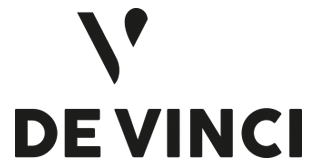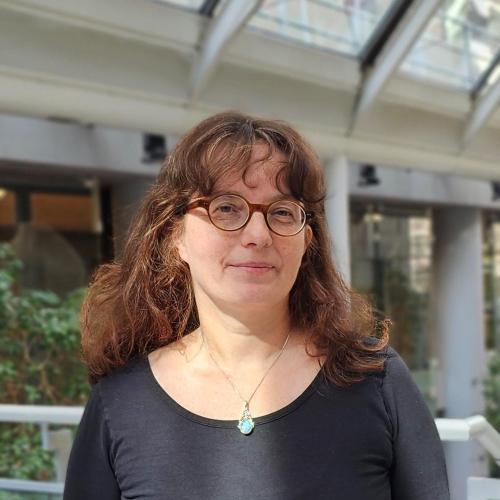@article{gall_2771,
title = {Integrating future trends and uncertainties in urban mobility design via data-driven personas and scenarios},
author = {Tjark Gall and Sebastian Hörl and Flore Vallet and Bernard Yannou},
url = {10.1186/s12544-023-00622-0},
year = {2023},
date = {2023-11-01},
journal = {European Transport Research Review},
volume = {15},
number = {45},
abstract = {Urban mobility contributes significantly to greenhouse gas emissions and comes with negative social impacts for various groups, such as limited accessibility to opportunity or basic services. Transitions towards sustainable and people-centred urban mobility systems are paramount. Yet, this is accompanied by various challenges. Complex urban systems are accompanied by high uncertainties (e.g., technological progress, demographics, climate change) which are currently not well integrated. Possible solutions originate from design, policymaking, and innovation, with a widespread disconnection due to non-compatible methods. This paper presents a method to improve the ability to design future urban mobility systems by integrating different approaches for modelling what the future could be and who could be the users. The research question is how diverse future user needs can be integrated in design processes for urban mobility systems. The proposed scenario-based design and personas allows to create data-driven proto-personas?a set of archetypical users with assigned characteristics and behaviours?test their validity, derive distributions across geographical areas, and transform them for different 2030 scenarios. This serves as input to create full personas and synthetic populations as intermediary design objects for the collaboration of designers and simulation experts. The methodology is exemplarily applied in the context of Paris. It contributes to urban mobility solution design that is more aware of future uncertainty and diverse needs of users, therefore, better capable to respond to today's challenges. The approach is replicable with open data and accessible source code: https://github.com/TjarkGall/proto-persona-clustering.},
keywords = {},
pubstate = {online},
tppubtype = {article}
}














